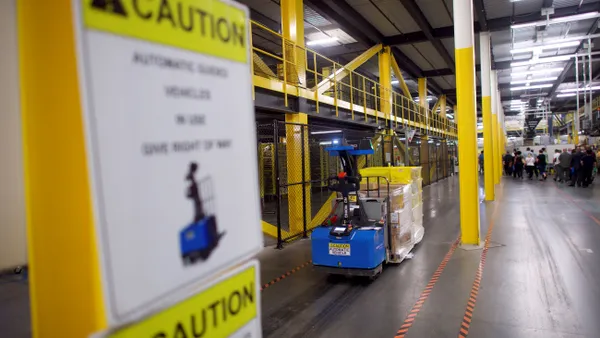Companies that use clawback policies could be hindering their long-term competitiveness, researchers found in an academic study soon to be released.
Clawbacks require executives of publicly traded companies to return their incentive pay if regulators find the compensation stems from the erroneous use of data in company financial statements
The goal of the policies is to keep executives from getting overly creative in managing their accounting to increase income and reduce expenses, but they tend to have the unintended effect of changing companies’ accounting strategies in a negative way, the study found.
The policies lead executives to try to hit earnings expectations by driving down their effective tax rates rather than by manipulating accruals, which are non-cash accounting items that commonly involve an element of estimation or guesswork.
"Capital market pressures to meet earnings expectations do not subside following clawback adoption," the researchers said in the paper.
Executives become leery of manipulating accruals because the practice tends to attract regulatory scrutiny, so instead they try to increase earnings by lowering taxes. "Reducing income-tax expense is an attractive alternative," the researchers said.
In the study, researchers found 233 companies lowered their effective tax rates enough to save an average of $18 million, or 1.6% of their average pre-tax net income of $1.1 billion, for a total decrease in income-tax expense of about $4.2 billion.
They did this by creating a subsidiary in a tax-haven country, increasing payments for auditor-provided tax services, and increasing board interlocks with companies with low effective tax rates.
The extent to which these tactics are in the companies’ long-term best interest isn’t clear since they’re driven not by business strategy but concern over regulatory scrutiny over accruals.
The findings could add fuel to a debate among lawmakers and regulators over clawbacks. The Dodd-Frank Act, enacted in 2010, instructed the Securities and Exchange Commission to write rules requiring clawbacks, which it did. But the proposed rules have been in limbo since 2015.
Given questions about the effectiveness of clawbacks, the rules could stay in limbo for the foreseeable future.
"The Effect of Voluntary Clawback Adoptions on Corporate Tax Policy," by Thomas Omer and Thomas Kubick of the University of Nebraska and Zac Wiebe of the University of Arkansas will be released in the January 2020 issue of The Accounting Review, published by the American Accounting Association.













